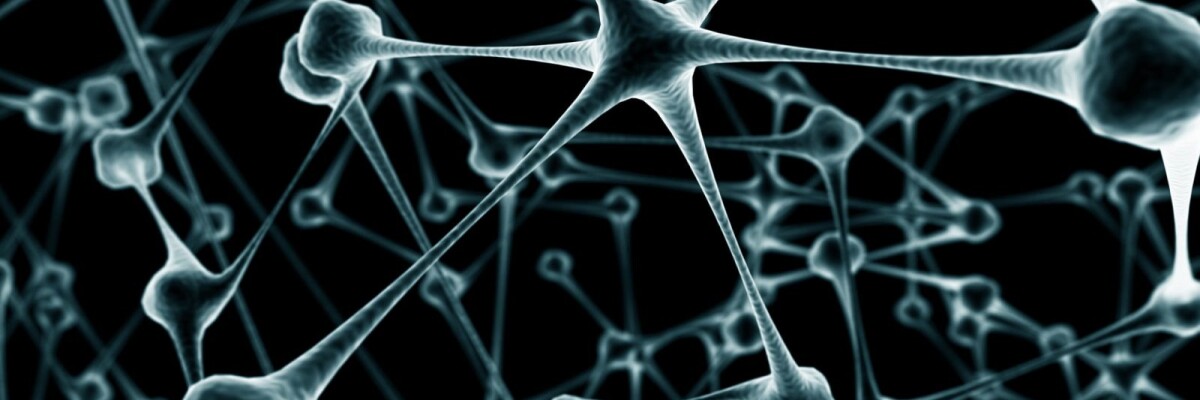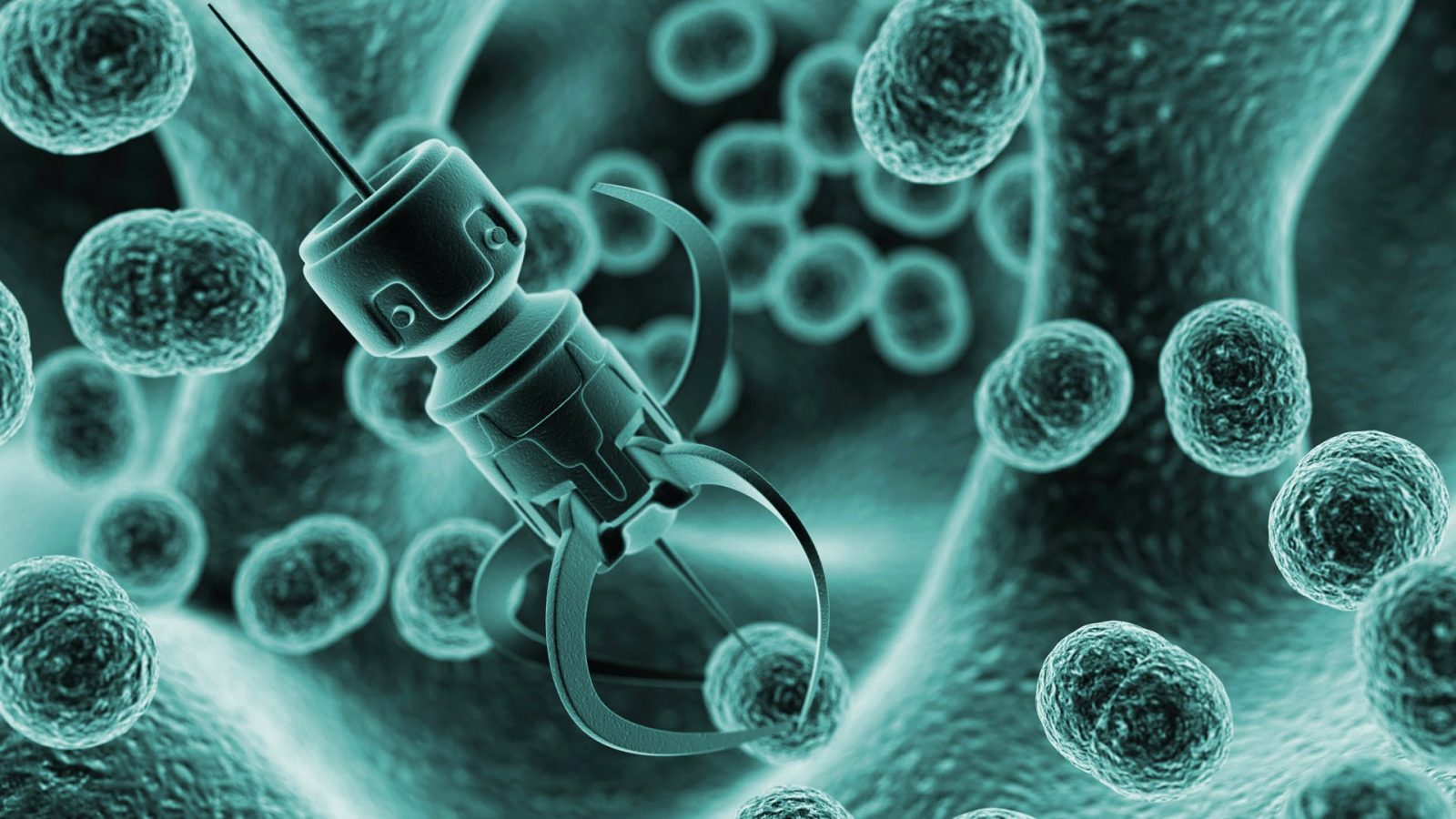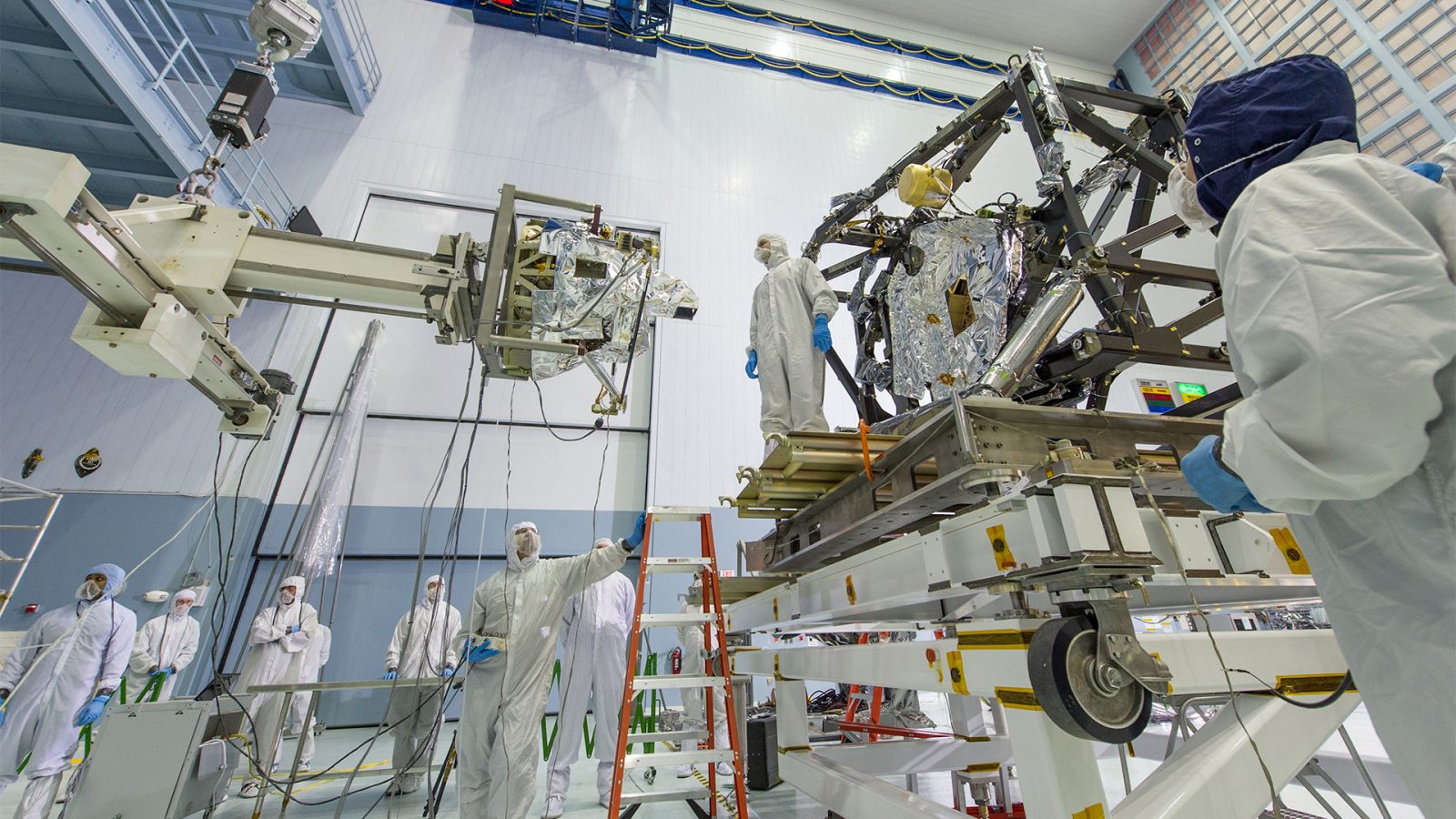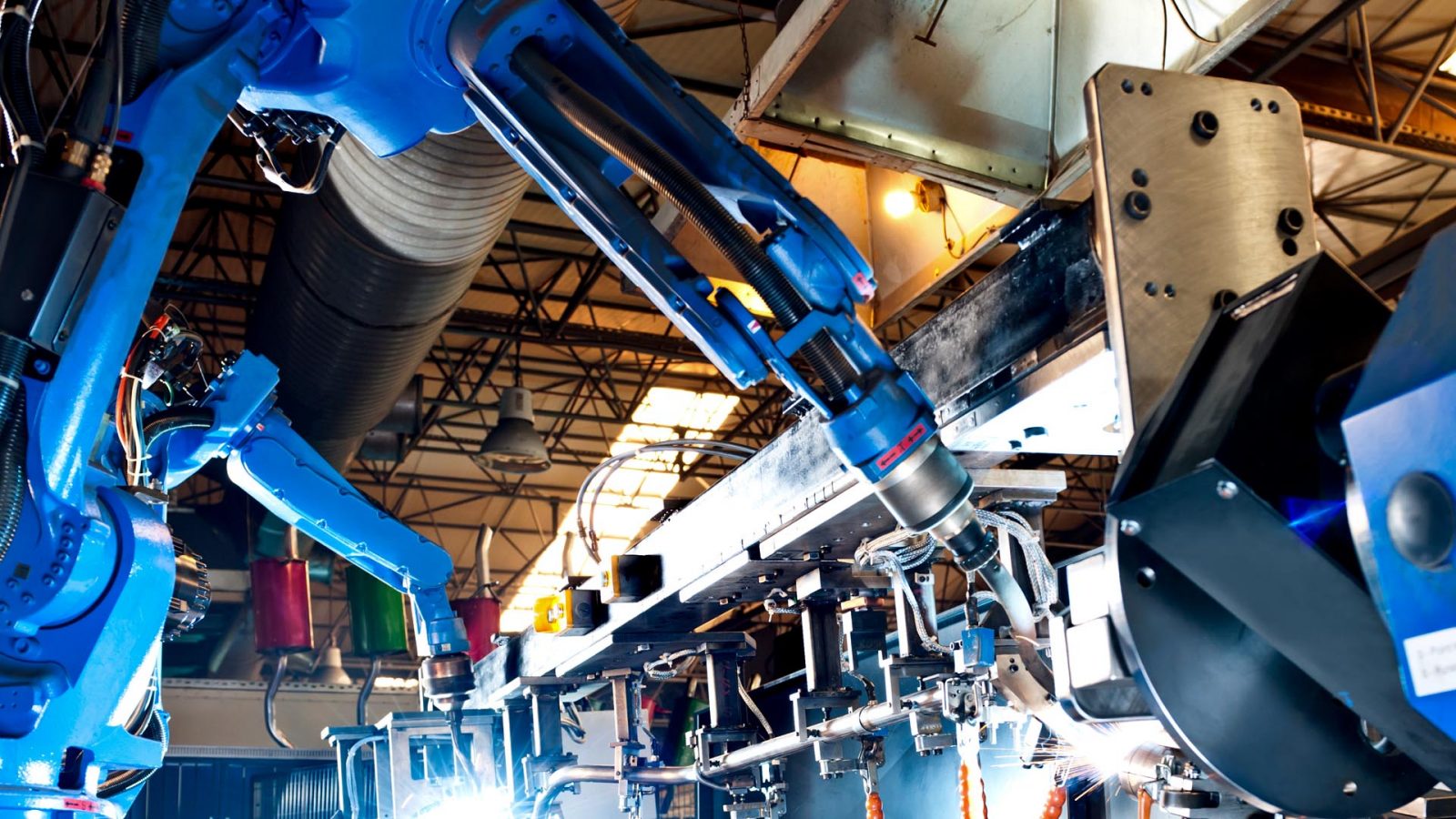What is nanotechnology? Nanotechnology is a combination of many scientific disciplines, which include physics, chemistry, biology, and others. The prefix «nano» means one billionth of a part of something....
What is nanotechnology?
Nanotechnology is a combination of many scientific disciplines, which include physics, chemistry, biology, and others. The prefix «nano» means one billionth of a part of something. Thus, 1 nanometer equals 0.000000001 meters. For comparison: a walnut would be smaller than the Earth. In other words, nanotechnology is a method of managing objects so small that are practically nothing.
Scientists of the past worked exclusively with the macrocosm — objects whose dimensions are comparable to humans. But with the development of technology it became possible to study giant celestial bodies or, on the contrary, atoms and other basic particles. This allowed mankind to explore unprecedented horizons and determined the direction of the development of scientific thought for many years to come.
What is the difficulty of working with the microworld?
It is no secret that the microcosm and the macrocosm function according to their own special laws. Thus, nanoparticles are much easier to enter into chemical reactions due to the larger surface-to-volume ratio. In addition, at this level the effects of quantum physics begins to manifest itself, which affect the magnetic, optical, and other properties of materials and their strength often changes...
All of this imposes additional responsibility on scientists working with such dimensions. Their activities are akin to the profession of a surgeon, where an oversight can have the most unpredictable consequences. Working with nanotechnology is more delicate than working with jewelry because these objects cannot even be seen without special equipment.
Where are nanotechnologies currently used?
The main area of application of nanotechnology today is electronics. It primarily concerns computers and other equipment. Processors, hard drives, converters, and various chips would have progressed much slower without nanotechnology; progress in this area would have gone much slower without it.
But this is not limited to «nano» technology. It is actively used in the production of various materials that serve for a variety of purposes. Special self-cleaning windows, clothes, and sports equipment that last a long time, coatings for internal combustion engines, and other equipment... The range of nanotechnology applications is incredibly wide nowadays, and in the future it has all the possibility to reach an even more impressive level.
Prospects for the use of nanotechnology
Here are just a few areas where nanotechnology is ready for a breakthrough:
Medicine
Nanosensors will help in the early diagnosis of disease and this will increase the chances of recovery. Mankind will finally get an effective method to fight cancer and other diseases. If many old drugs destroy not only infected cells, but also healthy ones, then nanotechnology will be able to produce smart drugs that are targeted.
They will help in the production of more advanced medical equipment. The overall qualitative increase in prevention, diagnosis, and direct treatment will allow humanity to solve demographic problems and make life more comfortable.
Building
Nano-sensors in building structures will monitor their strength and detect any threats to their integrity. Objects built with the use of nanotechnology will be able to last many times longer than modern buildings. It will also be possible to create unique building materials that will be able to keep in heat in cold weather and keep in cool air in hot weather. And they will be able to do all of this and preserve individual privacy.
Energy
Nanotechnologies are already actively used by oil companies in the exploration of subsoil and in off-shore drilling. In the future, when reserves of natural resources are reduced, their extraction will become more and more expensive. Therefore, only very high-tech companies that have already thought about their future today can survive in the market.
Not everything is limited to classical energy; nanotechnology will provide a breakthrough in the use of alternative sources. The main problem today of «green» energy is its low efficiency. Technical progress is able to solve this problem and take care of the health of our planet.
Mechanical Engineering
Easily controlled robots will soon replace cumbersome production machines and the lion’s share of their staff. They will be able to create anything: from a mobile phone to a car. And the use of high-strength and weather resistant materials will make the technique reliable and durable.
We live in the era of a new scientific and technological revolution that will change the world beyond recognition. And the introduction of these new products into our lives will not happen as quickly as we would like, but the process is underway and there is not much time left for people to update their education and adapt to new conditions.
Share this with your friends!










Be the first to comment
Please log in to comment